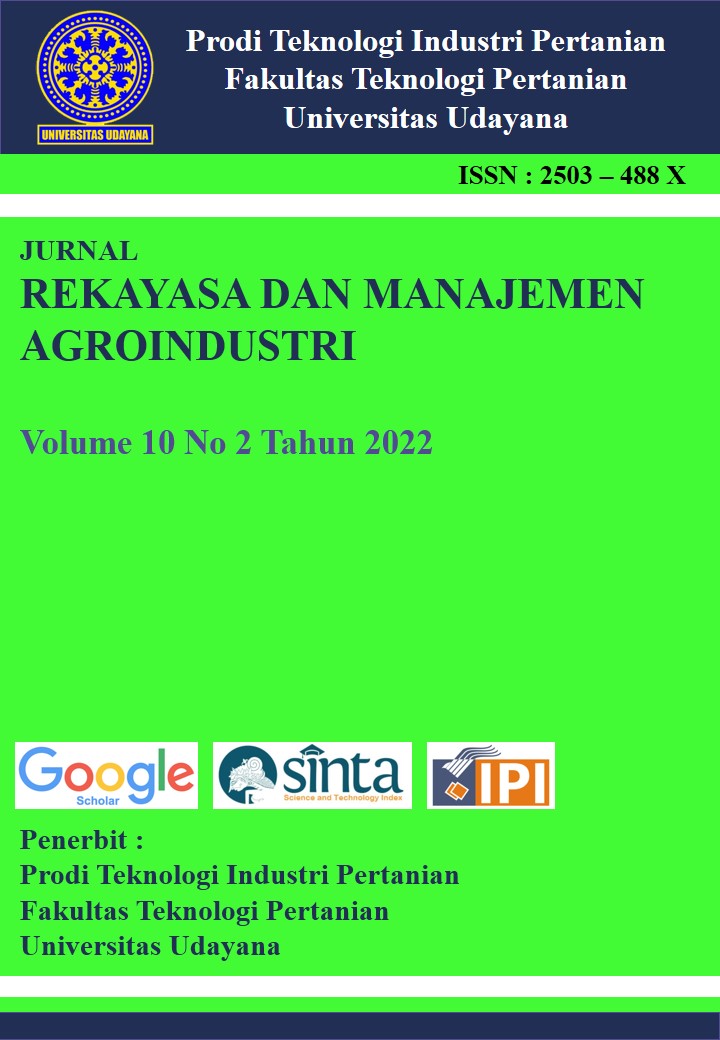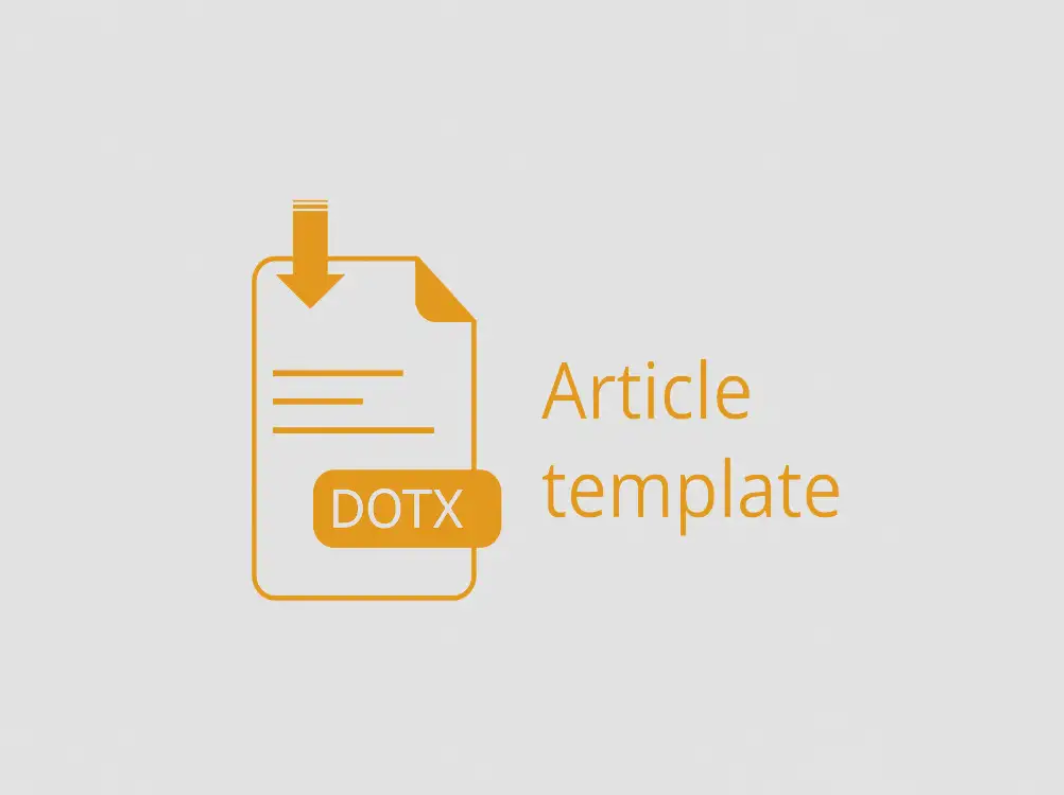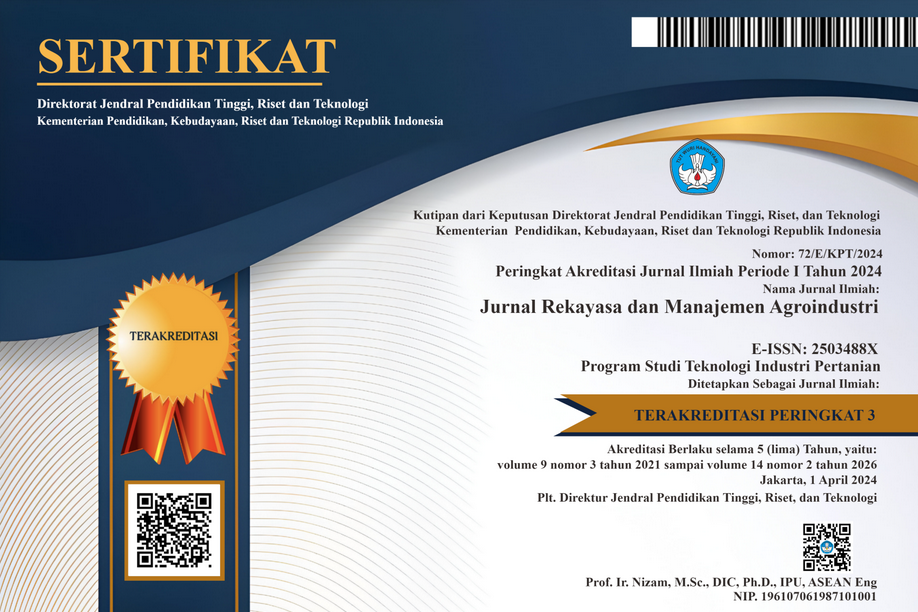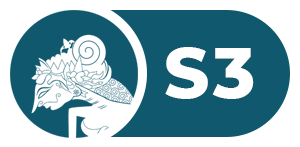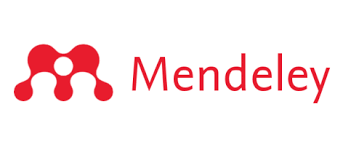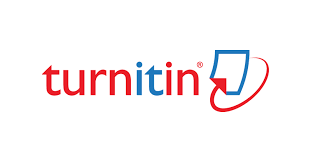Analysis of Consumer Profiles and Business Models in Rumah Tropis Using Empathy Maps and Business Model Canvas
Abstract
This study aims to recognize the needs and desires of users regarding products from Rumah Tropis using empathy maps and analyze the business models of products from Rumah Tropis using Business Model Canvas (BMC). Data excavation is conducted by interviewing related parties and then analyzing using empathy maps and Business Model Canvas (BMC). The results showed that vegetable consumers have a variety of vegetables that are not fresh, dirty, and contain pesticides. The expectation of affordable prices can be directly delivered to consumers' places and served in a friendly manner. Furthermore, the advantages of vegetable products are created by offering vegetables with guaranteed quality (fresh vegetables, hygienic and pesticide-free), prices are more affordable than the modern market and committed to providing friendly services to obtain the desired income stream.
Downloads
References
Delfitriani, D. (2019). Perancangan Model Bisnis Usaha Produk Dadih Susu Sapi Kedalam Kanvas Model Bisnis dan Peta Empati. Jurnal Agroindustri Halal, 5(2), 204–211. https://doi.org/10.30997/jah.v5i2.2140
Fauzi, N. F. (2018). Potensi dan Strategi Pengembangan Pertanian pada Kelompok Tani Sumber Klopo I. Jurnal Agribest, 02(02), 159–173.
Gentry, M. (2019). Local heat, local food: Integrating vertical hydroponic farming with district heating in Sweden. Energy, 174, 191–197. https://doi.org/10.1016/j.energy.2019.02.119
Herawati, N., Lindriati, T., & Suryaningrat, I. B. (2019). Penerapan Bisnis Model Kanvas Dalam Penentuan Rencana Manajemen Usaha Kedelai Edamame Goreng. Jurnal Agroteknologi, 13(01), 42. https://doi.org/10.19184/j-agt.v13i01.8554
Irianto, H. (2021). Laporan akhir penelitian dana mandiri analisis tekno-ekonomi sayuran hidroponik skala rumah tangga. http://repository.iti.ac.id/jspui/handle/123456789/850
Lee, S., & Lee, J. (2015). Beneficial bacteria and fungi in hydroponic systems: Types and characteristics of hydroponic food production methods. Scientia Horticulturae, 195, 206–215. https://doi.org/10.1016/j.scienta.2015.09.011
Lei, C., & Engeseth, N. J. (2021). Comparison of growth characteristics, functional qualities, and texture of hydroponically grown and soil-grown lettuce. Lwt, 150(June), 111931. https://doi.org/10.1016/j.lwt.2021.111931
Maghfiroh, M. F. (2021). Analisis Implementasi Kanvas Model Bisnis pada CV Cipta Karya. Jurnal Tata Kelola Seni, 7(2), 107–118. https://doi.org/10.24821/jtks.v7i2.5171
Mahdi, A. F., & Baga, L. M. (2018). Business Model Canvas Perusahaan Pengolah Rumput Laut. Forum Agribisnis, 8(1), 1–16. https://doi.org/10.29244/fagb.8.1.1-16
Montenegro, J. F., Contreras, P. A., & Saenz, F. (2021). Hybridization of the Kano model and business model canvas: aeronautical and metalworking industry in Bogota, Colombia. Heliyon, 7(10). https://doi.org/10.1016/j.heliyon.2021.e08097
Oseptharia, A. A. S., & Wardhana, A. (2018). Analisis Model Bisnis Pada Armor Kopi Bandung Menggunakan Pendekatan Business Model Canvas. EProceedings of Management, 5(2), 2531–2537. https://openlibrarypublications.telkomuniversity.ac.id/index.php/management/article/view/6953
Osterwalder, A., & Pigneur, Y. (2014). Business Model Generation. John Wiley & Sons, Inc. https://doi.org/10.2307/j.ctvh9vtn3.17
Prabasari, W. A., & Sisilia, K. (2020). Identifikasi Profil Konsumen KITA (Wisata Keliling Indonesia) Dengan Metode Peta Empati. Jurnal Manajemen Dan Bisnis Indonesia, 6(2), 111–119.
Pratama, R. P., & Azis, E. (2018). Analisis Model Bisnis Dengan Pendekatan Business Model Canvas (Studi Kasus MxD). E-Proceeding of Management, 5(3), 3005–3019.
Pratami, N. W. C. A., & Wijaya, P. (2016). Penerapan Bisnis Model Kanvas Dalam Penentuan Rencana Manajemen Usaha Jasa Pengiriman Dokumen Di Denpasar. Sistem Dan Informatika, 11(1), 77–85.
Purwantono, I. (2019). Rencana Bisnis Kuliner Bebek Blengong di Jakarta. Journal of Enterpreneurship, Management, and Industry (JEMI), 2(2), 109–114.
Roidah, I. S. (2014). Pemanfaatan Lahan Dengan Menggunakan Sistem Hidroponik. Jurnal Universitas Tulungagung BONOROWO, 1(2), 43–50.
Rompas, J., Engka, D., & Tolosang, K. (2015). Potensi Sektor Pertanian dan Pengaruhnya Terhadap Penyerapan Tenaga Kerja di Kabupaten Minahasa Selatan. Jurnal Berkala Ilmiah Efisiensi, 15(04), 124–136.
Rosyad, A., Astuti, T. Y., & Tini, E. W. (2020). Penerapan Urban Farming Untuk Meningkatkan Kelestarian Lingkungan Pada Hunian Perumahan. Jurnal Dinamika Pengabdian (JDP), 6(1), 32–46. https://doi.org/10.20956/jdp.v6i1.8531
Samsiar, A. G., Aryani, S., & Rendra, M. (2021). Evaluasi Model Bisnis Pada Cv . Deras Outdoor Advertising Dengan Menggunakan Pendekatan Business Model Canvas. E-Proceeding of Engineering, 8(5), 7058–7065.
Strulak-Wójcikiewicz, R., Wagner, N., Lapko, A., & Hacia, E. (2020). Applying the business model canvas to design the E-platform for sailing tourism. Procedia Computer Science, 176, 1643–1651. https://doi.org/10.1016/j.procs.2020.09.188
Utama, B. I. (2018). Analisis Model Bisnis Usaha Coffee Shop Melalui Kanvas Model Bisnis dan Peta Empati: Studi Kasus pada Coffee Shop di Malang. Jurnal Ilmu Manajemen, 4(2), 83–93. https://doi.org/10.31328/jim.v4i2.561

Ciptaan disebarluaskan di bawah Lisensi Creative Commons Atribusi-BerbagiSerupa 4.0 Internasional.
Seluruh artikel di Jurnal ini dapat disebarluaskan atas tetap mencantumkan sumber yang syah. Identitas judul artikel tidak boleh dihilangkan. Penerbit tidak bertangggung jawab terhadap naskah yang dipublikasikan. Isi artikel menjadi tanggung jawab Penulis.

